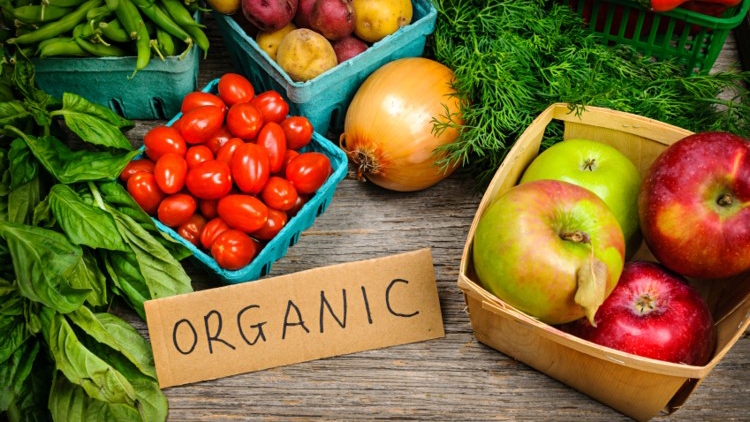The term “organic” refers to the farming and processing methods used to produce agricultural products. Natural harvests in the United States must be grown without the use of agrochemicals, pesticides, or chemical fertilizers, as well as bioartificial genes. While norms differ by country, natural crops in the United States must be grown without the use of synthetic herbicides, pesticides, or fertilizers, as well as bioengineered genes (GMOs).
Organic meat, eggs, and dairy products must be raised in environments that allow them to display natural behaviors (such as being allowed to graze on pasture) and fed organic feed and forage. Antibiotics, growth hormones, and by-products from animals are not allowed.
Here’s what you should include in your diet.
1. Berries
Incorporate two to four servings of fruit into your daily diet. Berries including raspberries, blueberries, blackberries, and strawberries are good to eat.
2. Fish
Fish should be eaten at least twice a week. The serving size of cooked fish is 3 to 4 ounces. Alternatives include salmon, trout, herring, bluefish, sardines, and tuna.
3. Soy
To assist lower cholesterol levels, 25 grams of soy protein per day is recommended as part of a low-fat diet. Tofu, soy milk, edamame beans, tempeh, and texturized vegetable protein are all good options.
4. Flaxseeds
Every day, add 1 to 2 tablespoons of ground flaxseed or other seeds to your food, or a reasonable amount of nuts (about 1/4 cup) to your diet.
5. Organic Yoghurt
Men and women between the ages of 19 and 50 require 1000 milligrammes of calcium per day, while those over 50 require 1200 milligrammes. Calcium-rich foods, such as nonfat or low-fat dairy products, should be consumed three to four times each day. There should be organic options available.


